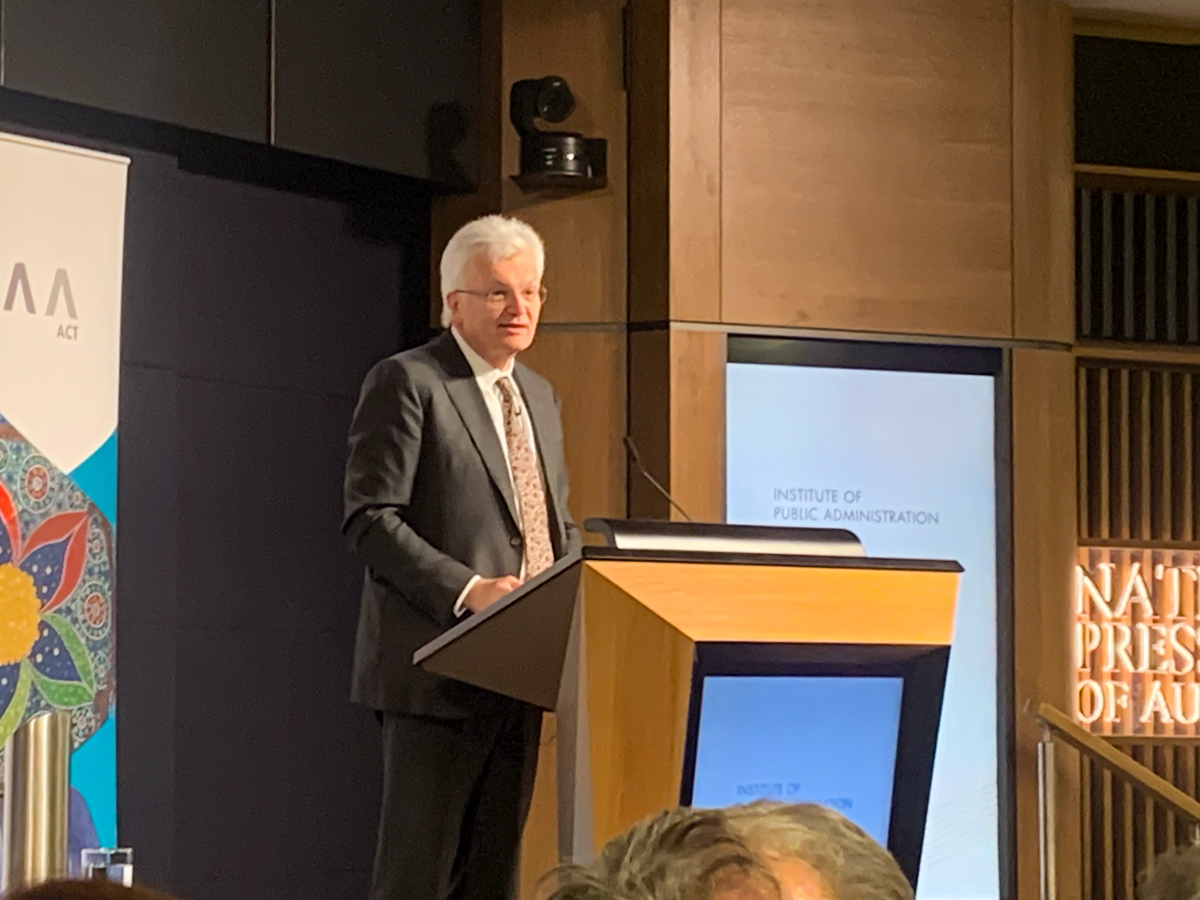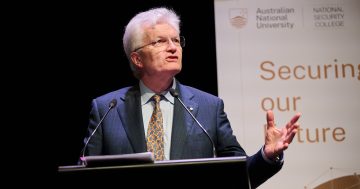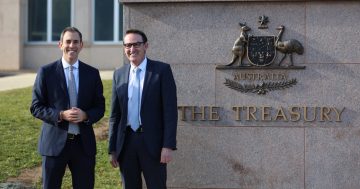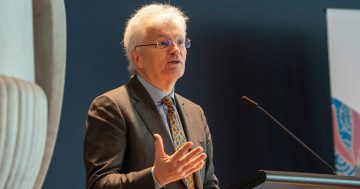
Quoting ex-UK PM Tony Blair, Professor Davis told public servants to be direct in advising ministers: “For God’s sake, don’t do this.”
“2024 was the year in which a quarter of the world’s population went to the polls and in many of those countries, there was a debate – often a noisy debate – about the value of public service.”
That’s how Secretary of the Department of the Prime Minister and Cabinet, Professor Glyn Davis, opened his recent Institute of Public Administration Australia (IPAA) address to the National Press Club.
The quasi-commander-in-chief of the Australian Public Service (APS) broke down three core claims against its merits: government slows down the economy, the public service is by nature inefficient, and public servants operate in their own interests.
Professor Davis said he believed this debate had come to the fore because “growth has slowed and people are very much feeling the cost of it”.
“For a generation that has never had to live with inflation and high interest rates … this is a shock and people are looking around for answers – and one of the answers is it might be the fault of government itself,” he said.
Addressing a room largely made up of public servants, he said “we may all struggle to be objective when others claim our work is at best unnecessary, and possibly even harmful”.
“I’m sure we agree that when powerful voices offer a fundamental critique of what we do, it is important to hear what they say and to weigh the evidence,” he said.

Among the attendees were department secretaries, bankers, consultants, journalists, and public servants from across the country.
Kicking off the conversation, Professor Davis dived head-first into “the suggestion that government agencies are a drag on prosperity”.
Noting there to be “no right answer to the appropriate scale of government”, like any good academic, he explained both sides of the debate.
Some wanted a state where “taxation, regulation and government services are all constrained to ensure prosperity”, while others believed a state should support citizens by creating programs and services.
So, are states with smaller governments more prosperous than those with large public sectors?
“It depends on the variables in play – but not a single study has found a clear correlation between the size of the public sector and GDP growth.”
However, Professor Davis said there was “a much stronger correlation between tax rates and inequality”.
Moving on to the claim of government’s “inherent inefficiency”, Professor Davis said “this can be very hard to test as the public and private sectors rarely undertake the same task in the same way”.
However, within that small caveat, he said there were many studies.
A recent study “found no conclusive evidence that public, private or mixed ownership is intrinsically more efficient in delivering services”. Another report found “no inherent public or private sector advantage”.
“As the report said, ‘quoting efficiency is not the same as cutting costs’. Lower costs may also reflect the lower quality of service or lower paying conditions for workers,” Professor Davis said.
Since public choice economics urged and achieved a shift to contracting during the 1990s and 2000s, Professor Davis said research now showed that “service delivery through private providers does not produce a consistently more effective model”.
Quoting Professor Mark Considine, he said we should be asking: “How do you get a system that delivers the best possible results?”

Professor Glyn Davis (L) said, “Brilliant young graduates are coming in who have other choices, but are here because it’s what they want to do”. Photos: James Day.
Professor Davis admitted this debate was “principally about what you believe rather than what the evidence says”.
He said there was a tradition of thinking that “public servants are motivated by personal advantage”.
While admitting that “sadly, it’s not difficult to find examples of bureaucratic intransigence … most organisations, public and private, bridle at criticism and resent demands to change”.
“A public official who gives unwelcome advice or declines to act on an instruction because it’s unlawful is hardly a covert operator,” he said. “We might instead call them brave, like Centrelink officer Colleen Taylor OAM.”
Bearing in mind that “government agencies are just people”, Professor Davis said “we can design organisations to rule out self-interest, insist on integrity measures, test for fairness and recruit for personal qualities”.








